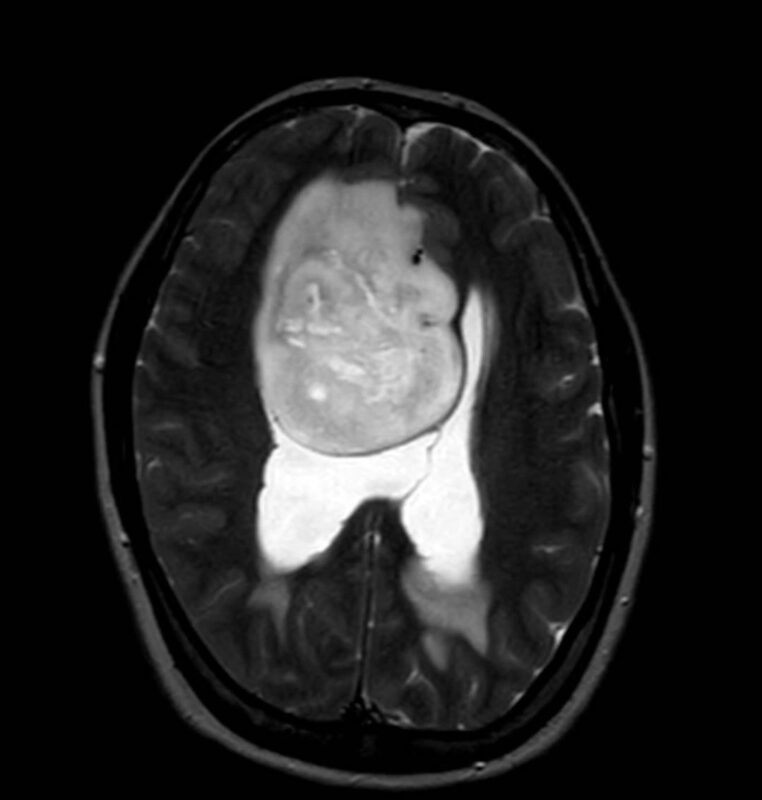Rawia Mohamed, Head of the Anatomical Pathology Department at Burjeel Medical City, shared a post on LinkedIn:
“In the current practice, neuro-oncology cases—particularly infiltrating gliomas—are approached using a comprehensive, layered diagnostic model that integrates histopathology with molecular profiling, in full alignment with the WHO CNS 5th edition (2021) framework. This strategy ensures not only accurate tumor classification but also provides crucial prognostic and predictive insights that directly influence clinical decision-making.
Take, for example, this case with histomorphological features suggestive of a low-grade astrocytoma. Beyond routine H&E assessment, we systematically perform immunohistochemical markers such as IDH1 R132H, ATRX, and p53 to establish the molecular context. These markers help delineate astrocytic lineage (IDH-mutant, ATRX loss, p53 overexpression) from oligodendroglial counterparts (IDH-mutant with 1p/19q co-deletion and retained ATRX).
Importantly, molecular analysis does not serve to ‘confirm’ the diagnosis in isolation, but rather functions as a critical tool to refine tumor classification, assign WHO grade, and stratify biological behavior. In my workflow, molecular fingerprinting also includes targeted sequencing or panel testing to assess for CDKN2A/B homozygous deletion, which carries significant weight. Even in histologically low-grade astrocytomas, the presence of this deletion upgrades the tumor to WHO grade 4, recognizing its aggressive potential and impacting therapeutic planning.
The prognostic relevance of this integrated approach cannot be overstated. IDH-mutant astrocytomas are associated with significantly improved progression-free and overall survival, while IDH-wildtype gliomas—particularly those harboring EGFR amplification, TERT promoter mutations, or combined chromosome 7 gain/10 loss—are treated as glioblastomas, regardless of grade on morphology.
In essence, our diagnostic paradigm is built not just around morphology, but around biology. This ensures that each neuro-oncology case is managed with precision, aligning pathology with contemporary clinical expectations and evidence-based practice.”



